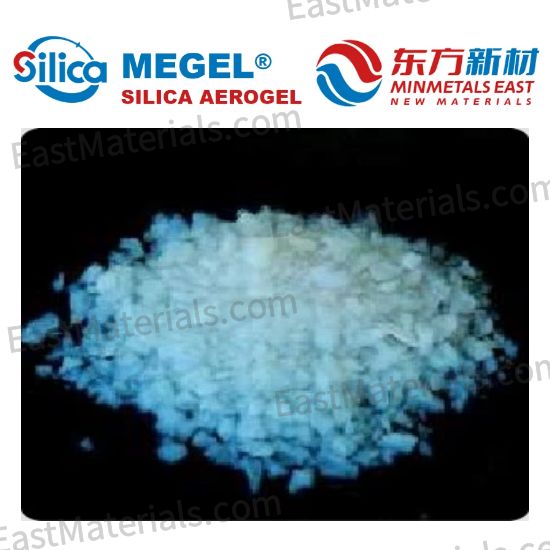The Usage of Aerogel Powder in Vacuum Insulation Panels
1. Introduction to Aerogel Powder
Aerogel is a highly porous material, often referred to as "frozen smoke" due to its low density and translucent appearance.
Aerogel Insulating Solutions are composed primarily of silica, although there are various formulations that incorporate different materials. Aerogel powder, which is the fine particulate form of aerogels, is renowned for its exceptional thermal insulation properties, with a thermal conductivity that is significantly lower than conventional insulating materials.
2. Composition and Properties
Aerogel powder possesses several key properties that make it an ideal candidate for use in vacuum insulation panels (VIPs):
- Low Thermal Conductivity: Aerogel typically has a thermal conductivity ranging from 0.01 to 0.03 W/(m·K), making it one of the best insulating materials available.
- Low Density: Its extremely low density (often less than 0.1 g/cm³) provides lightweight insulation without compromising performance.
- High Porosity: The porous structure allows for the effective trapping of air, minimizing heat transfer.
- Fire Resistance: Aerogels are generally non-combustible and can withstand high temperatures, enhancing the safety of insulation applications.
VIPs are advanced insulation materials consisting of an outer envelope that encases a core material, which is typically evacuated to create a vacuum. This vacuum drastically reduces heat transfer by conduction and convection. When aerogel powder is incorporated into VIPs, it serves as the insulating core material with several benefits:
- Enhanced Insulation Performance: The combination of the vacuum and aerogel powder leads to superior insulation performance, reducing heat transfer and improving energy efficiency.
- Thin Profile: Due to the high insulation efficiency, VIPs using aerogel can be thinner than traditional insulation solutions, making them suitable for space-constrained applications.
- Durability: Aerogel’s resistance to settling and compacting over time contributes to the longevity and reliability of VIPs.
4. Applications of VIPs with Aerogel Powder
VIPs containing aerogel powder are becoming increasingly popular in various industries, including:
- Building and Construction: Used in exterior walls, roofs, and floors to enhance energy efficiency in both residential and commercial buildings, contributing to sustainability goals.
- Refrigeration and Freezing: Employed in appliances such as refrigerators and freezers, VIPs help maintain temperature control while minimizing energy consumption.
- Transport: Used in vehicles, including trucks and railcars, to improve thermal performance in cargo spaces, thus preserving temperature-sensitive goods.
- Aerospace and Defense: The lightweight and insulating properties of VIPs make them ideal for applications in aircraft and spacecraft, where thermal management and weight reduction are critical.
- Consumer Electronics: In high-performance electronics, VIPs can provide effective insulation in compact designs, enhancing device performance and longevity.
5. Conclusion
The use of
Silica Aerogel Powders in vacuum insulation panels represents a significant advancement in thermal management technology. By leveraging the unique properties of aerogel, VIPs achieve exceptional insulation performance, lightweight design, and long-term durability. As energy efficiency continues to gain importance across various industries, the demand for high-performance insulation solutions like those incorporating aerogel powder is likely to grow, driving innovation and sustainability in construction, transportation, and beyond.



